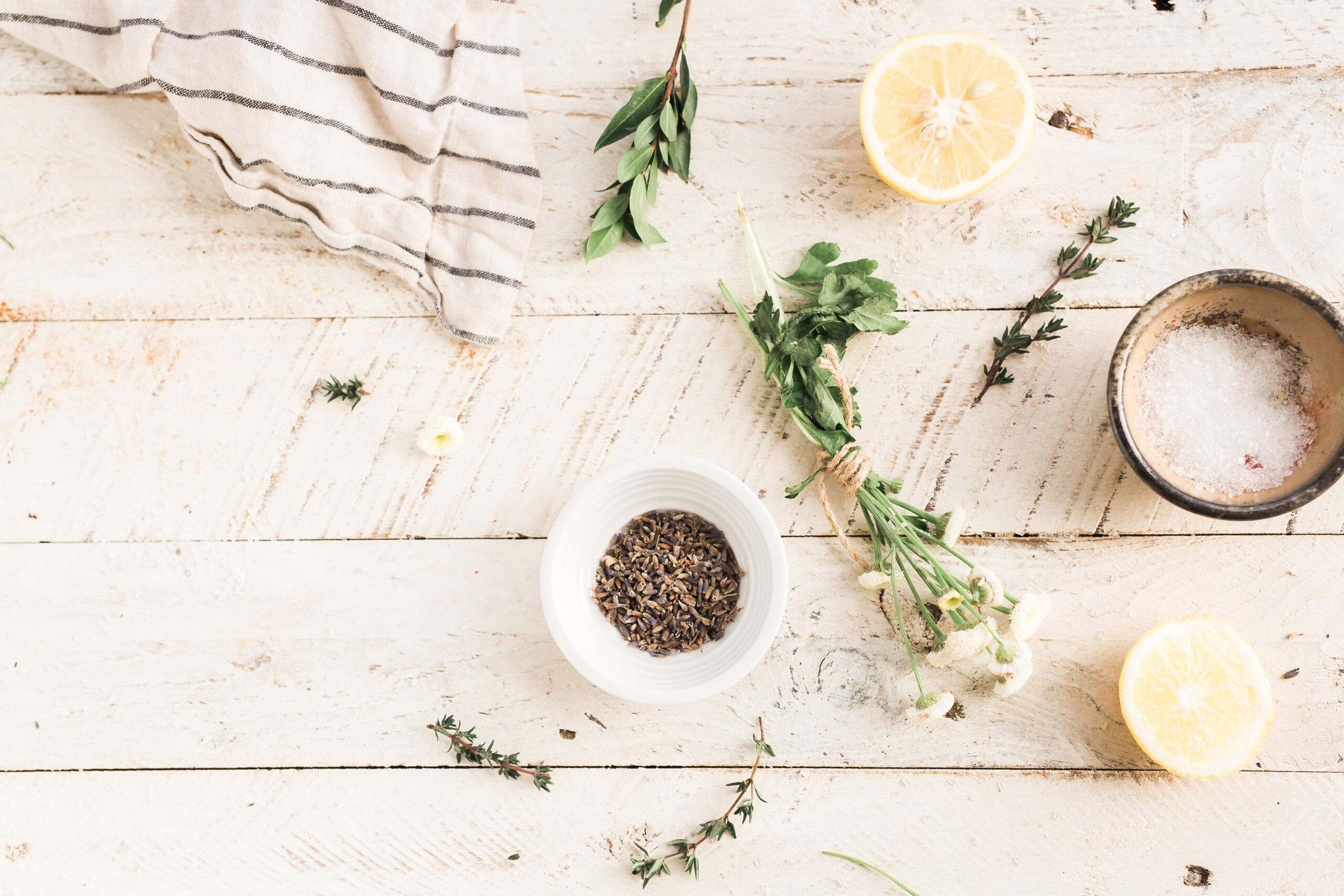
There are 3 essentials for addressing Small Intestine Bacterial Overgrowth
We’re accustomed to hearing about antibiotics, restrictive diets, and supplement hacks. While these can be effective in the short term, they aren’t sustainable or consistently effective in the long term.
I want to share three insights to help you understand why those methods might fall short and how to manage SIBO without compromising your overall health.
These strategies are the same ones I’ve employed with thousands of patients experiencing digestive issues over the past 15 years,
Three Essential Strategies
Learn how the acidity in your stomach could be your best ally in fending off SIBO. Discover the risks of common acid-blocking drugs and how a storied herb might hold the key to natural relief.
Find out why banishing bacteria isn’t the answer and how fostering the right microbial mix can lead to better gut health. We’ll explore how certain herbs work with your body’s enzymes for smoother digestion.
Uncover the critical importance of keeping things moving in your intestines and the simple lifestyle tweaks that can make a big difference. Plus, get the scoop on natural extracts that support this essential bodily function.
The only herbal suppliment designed to improve all three causes of SIBO
Basic Understanding
Small Intestinal Bacterial Overgrowth (SIBO) is a condition where there is an excessive amount of bacteria in the small intestine. The concentration of bacteria in the small intestine is usually low due to gastric acid secretion and intestinal motility, which limit bacterial growth. When these protective mechanisms fail, SIBO can occur.
The actual prevalence of SIBO is unknown, but it is more prevalent in the female population and elderly individuals. Some studies indicate that up to 80% of people with irritable bowel syndrome (IBS) have SIBO.
The diagnosis of SIBO is made by measuring bacterial concentration in a small bowel aspirate culture, which is considered the gold standard. The most common species identified include Bacteroides.
Stomach Acid
The first essential for managing SIBO is promoting healthy levels and the correct flow of stomach acid.
Stomach acid plays a crucial role in our immune system by preventing most bacteria from reaching our small intestine. The overuse of acid-blocking drugs can potentially lead to SIBO. Although untreated acid reflux can cause severe medical complications, any medical provider prescribing acid-blocking medication should ensure there’s a strategy for eventual discontinuation.
The Importance of Stomach Acid
- Stomach acid sterilizes the gut from harmful microbes in food, preventing foodborne diseases
- Stomach acid breaks down protein molecules to a manageable size for our bodies to absorb
- Stomach acid acts as a barrier that prevents bacteria, viruses, and parasites from entering the body
- Stomach acid kills bacteria, viruses, and parasites before they enter the small intestines and being absorbed into the body
- Stomach acid converts pepsinogen into pepsin, an essential protein-digesting enzyme[
- A low level of acidity contributes to reduced absorption of nutrients such as B12, iron, and zinc
- Stomach acid is necessary for the absorption of B12, which is required for iron absorption, heart health, and overall energy status[
- Stomach acid is a critical component of the human immune system, protecting us against invading pathogens such as viruses, bacteria, and parasites
Dangers of Acid-Blocking Drugs
Over-reliance on acid-blocking drugs, such as proton pump inhibitors (PPIs), can be dangerous and lead to several adverse effects,
- Dependency: PPIs can cause long-term dependence, and patients who stop taking the drug may experience rebound acid hypersecretion, which causes acid reflux symptoms to return even worse than before therapy.
- Increased risk of fractures: PPIs increase the risk of fractures of the hip, spine, and wrist
- Increased risk of pneumonia: PPIs are associated with a higher rate of pneumonia than histamine H2-receptor antagonists (H2RAs) in mechanically ventilated patients.
- Increased risk of early death: PPI users have a 15% higher risk of early death compared to non-PPI users
- Increased risk of type 2 diabetes: Regular use of PPIs is linked to a heightened risk of developing type 2 diabetes.
- Hypergastrinemia: Prolonged PPI therapy can cause hypergastrinemia, enterochromaffin-like cell hyperplasia, and parietal cell hypertrophy, leading to carcinoid tumors and gastric cancer.
Biome Balance
The second essential is recognizing that the goal isn’t always to eliminate bacteria but to balance. The understanding is that bacteria don’t always need to be eliminated so much as balanced and put in the right place. Some infections can indeed be life-threatening, but with SIBO, that’s rarely the case. Antibiotics or even plant compounds like berberine or olive leaf that work similarly can give short-term relief but don’t address the underlying causes of SIBO, which allowed the bacteria to linger in the small intestine in the first place.
Instead, you might consider including herbs like Angelica Dahuricae, which can reduce problematic bacteria while simultaneously promoting the growth of healthy firmicutes like lactobacillus.
The Importance of Biome Balance
A healthy microbiome assists in proper nutrient absorption, defends against pathogens, and supports a well-functioning gut barrier, making it an essential focus in any comprehensive approach to treating SIBO. This intricate ecosystem, consisting of trillions of microorganisms in the gut, plays a crucial role in our overall health, particularly in digestion and the immune response. In the case of SIBO, the balance of this delicate microbiome is disrupted, leading to an overgrowth of bacteria in the small intestine. Restoring this balance is not just about reducing the numbers but about nurturing a diverse and robust bacterial community that can withstand and prevent the recurrence of SIBO.
- Bacteria and probiotics can promote the integrity of gut barriers, contributing to the host gut defense system mainly by resisting.
- An absence of intestinal bacteria is associated with reductions in mucosal cell turnover, vascularity, muscle wall thickness, motility, and baseline cytokine.
- The gut microbiota provides essential capacities for the fermentation of non-digestible substrates like dietary fibers.
- Gut bacteria help to metabolize bile in the intestines, breaking it down so that the bile acids can be reabsorbed and recycled by the liver.
- Helpful gut microbes compete directly with unhelpful types for real estate and nutrients, preventing them from taking up too much territory.
- Anaerobic gut bacteria perform essential functions within the colon that only they can. They help break down indigestible fibers in the digestive tract and produce essential nutrients that you can’t get otherwise.
- Gut bacteria interact with the gut’s unique nervous system, called the enteric nervous system. It has a direct, two-way connection with the brain via the central nervous system.
Dangers of Antibiotics
Antibiotics are the most common treatment for SIBO. Rifaximin is the most commonly used antibiotic for SIBO treatment because it is poorly water-soluble and minimally absorbable, so that it can act locally in the gut. Antibiotics work by reducing the number of bacteria in the small intestine, which can help alleviate symptoms of SIBO
- Overuse of antibiotics can lead to antibiotic resistance, making it difficult to treat SIBO with conventional antibiotics.
- SIBO can recur after treatment with antibiotics, especially if the underlying cause is not addressed.
- Antibiotics can have side effects, such as diarrhea, nausea, and abdominal pain, which can make it difficult for patients to complete the full course of treatment.
- Antibiotics can disrupt the balance of gut bacteria, leading to nutrient deficiencies and malabsorption.
Bonus Tip
Diet plays a crucial role in the management of SIBO. While elemental diets and low-FODMAP diets have shown promise in symptom reduction, they might not be the ideal long-term solution.
In my practice, I often advocate for a different approach that focuses on the thermal nature of foods. The premise is simple: favor warmth over cold dampness. This means embracing foods and beverages that warm your digestive system, helping to keep those bacterial populations in check.
For a comprehensive understanding of how herbal therapy and dietary changes can manage SIBO click below.
Gut Motility
The third key to managing SIBO is ensuring efficient gut motility. A properly functioning small intestine will direct bacteria towards the large intestine, their natural habitat. Simple habits, such as drinking warm water, avoiding extremely cold consumables, and practicing abdominal self-massage, can make a significant difference.
By promoting the movement of these microbes to the colon, we can minimize the production of hydrogen and methane gases, alleviating SIBO symptoms.
Herbs That Help Gut Motility
Citrus Peel
Citrus peel has shown promise as a prokinetic agent, addressing one of the underlying causes of Small Intestinal Bacterial Overgrowth (SIBO) – impaired gastrointestinal motility. Let’s delve into the details of this study
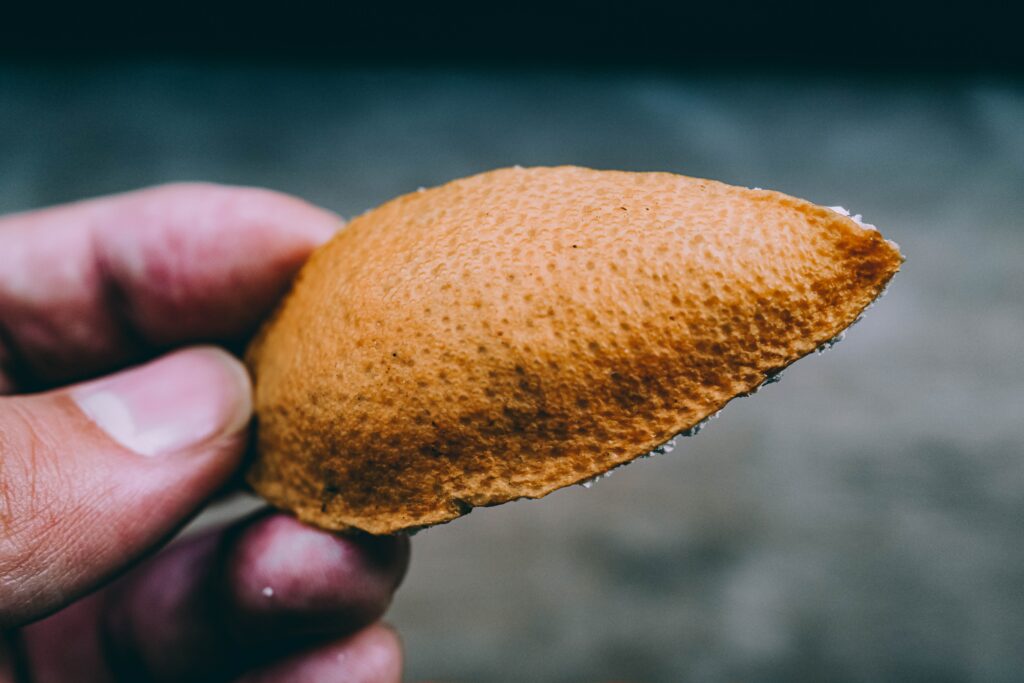
Bai Zhu
The herb Atractylodes macrocephala, used in traditional Chinese medicine, has shown promise in treating stomach issues. Studies have found that a compound in this herb, called atractylenolide-1, can help repair stomach lining in mice and improve symptoms in people with certain digestive problems.
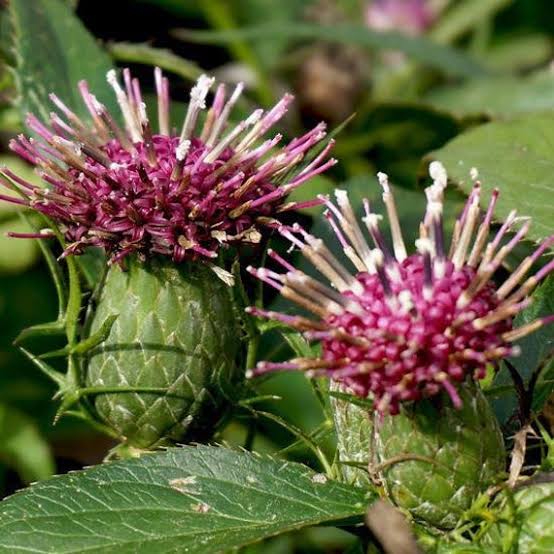
Chorus: A Botanical Remedy for SIBO
As we navigate the complexities of SIBO, it’s clear that a holistic approach, one that includes the promotion of healthy stomach acid, a balanced gut microbiome, and enhanced gut motility, is crucial for long-term management. By integrating natural remedies and lifestyle changes, individuals with SIBO can find lasting relief and improved digestive health.
Brehan Crawford, based in McMinnville, Oregon, is a distinguished clinician specializing in the treatment of chronic conditions, particularly Lyme Disease and its coinfections. After earning his Master’s degree in Acupuncture and Oriental Medicine from the Oregon College of Oriental Medicine in 2009, he deepened his expertise with a 5-year residency under the mentorship of the renowned Dr. Heiner Fruehauf at the Hai Shan Clinic. A Diplomate of Oriental Medicine from the NCCAOM, Brehan has pioneered innovative methods using Traditional Chinese Medicine for chronic infections. Known for mentoring other professionals, he regularly imparts knowledge on advanced Chinese herbal medicine applications. Beyond his clinical pursuits, Brehan enjoys singing, cooking, and hiking.



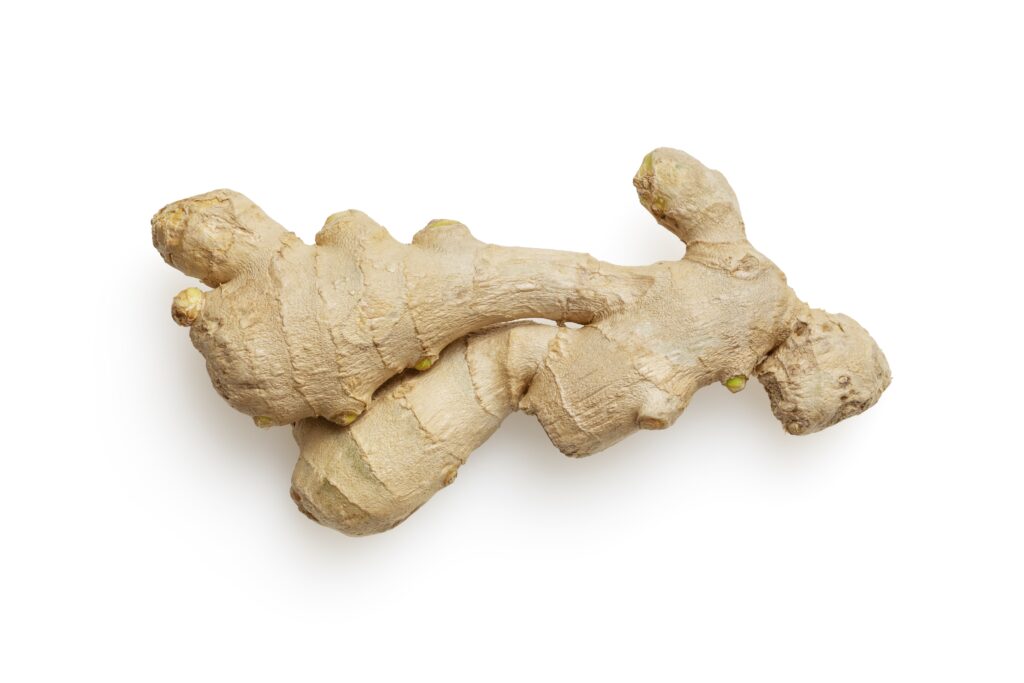
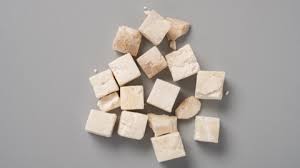


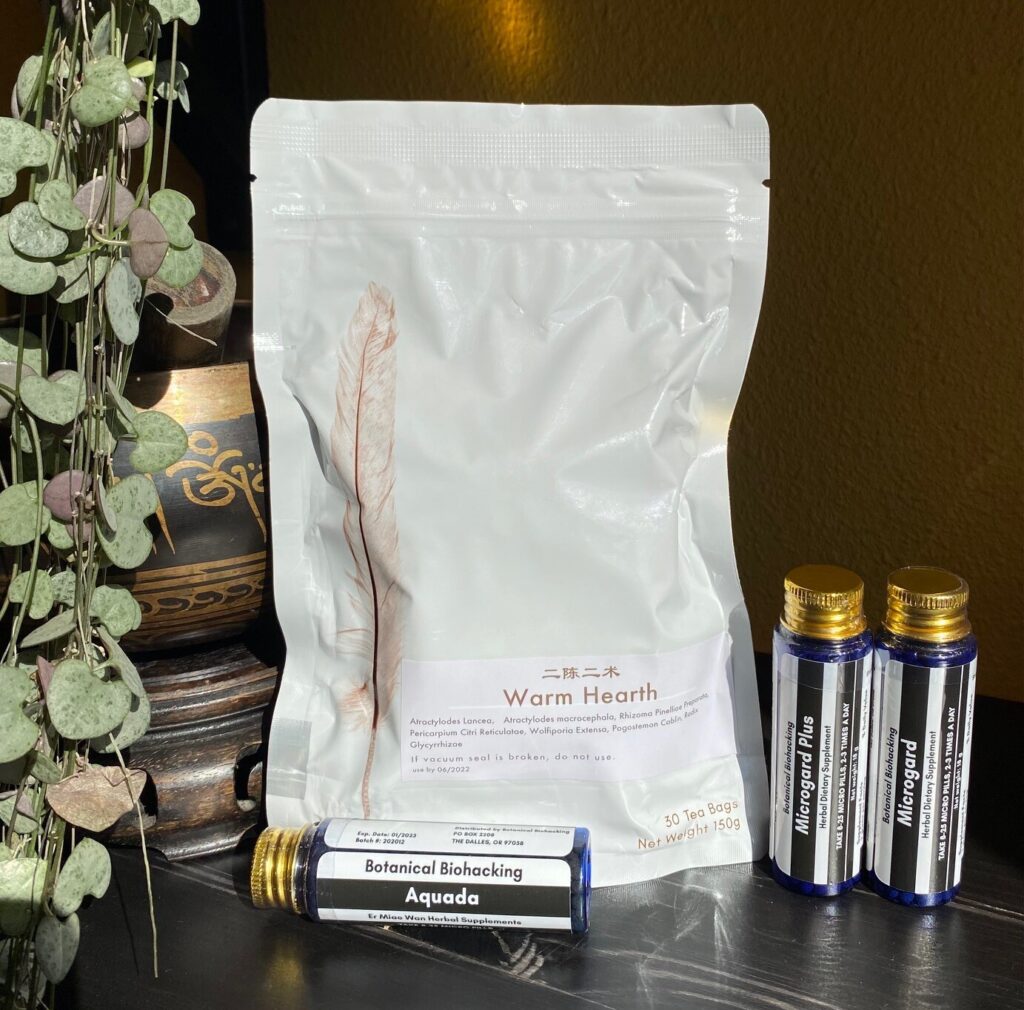
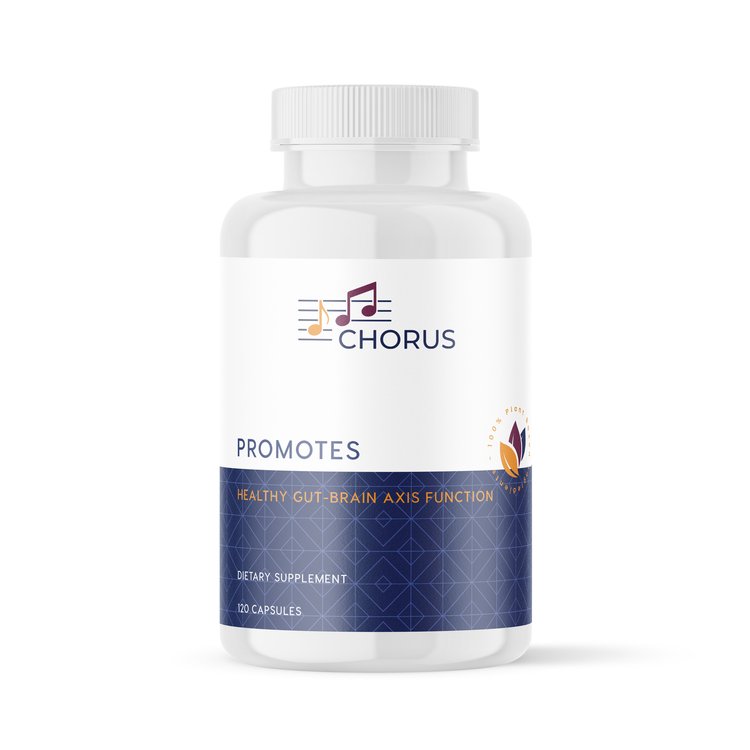
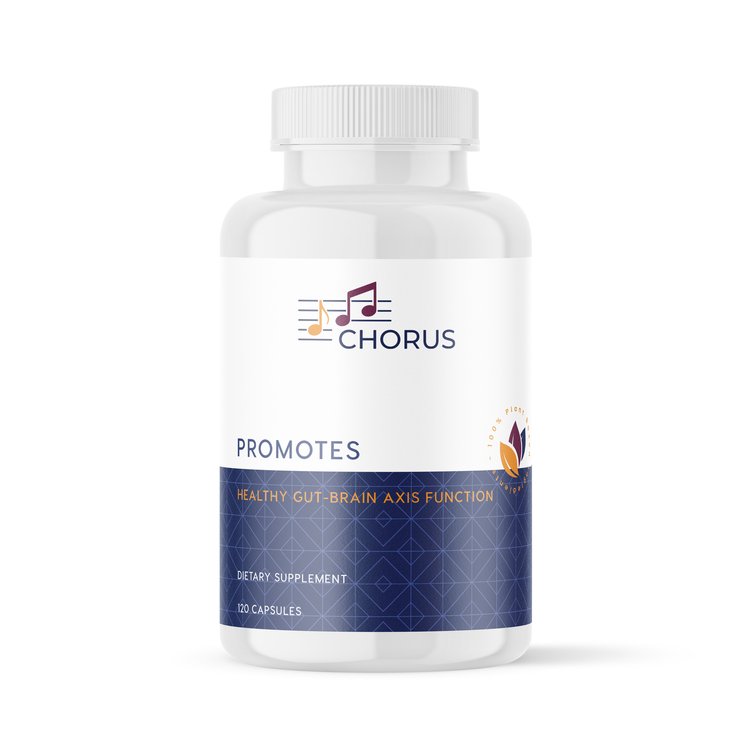
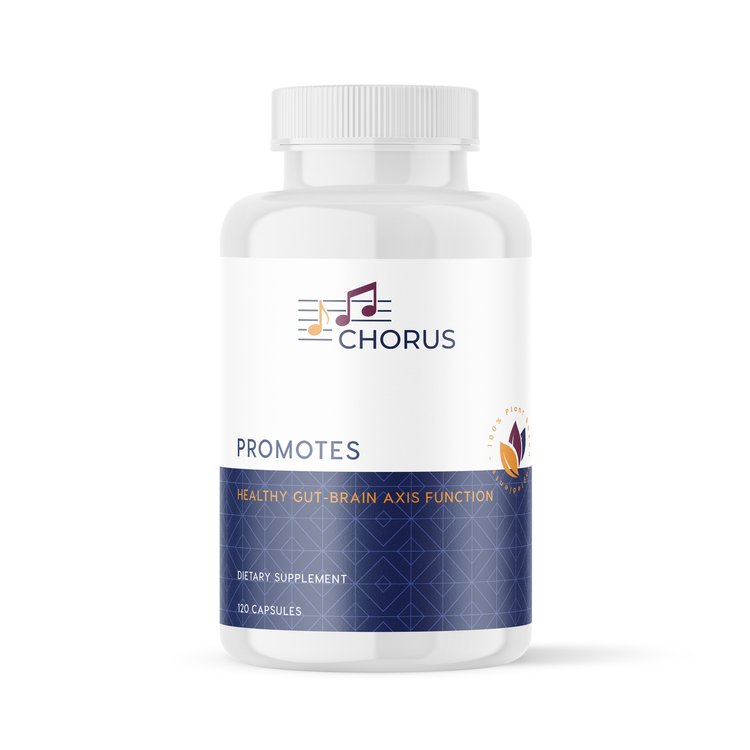
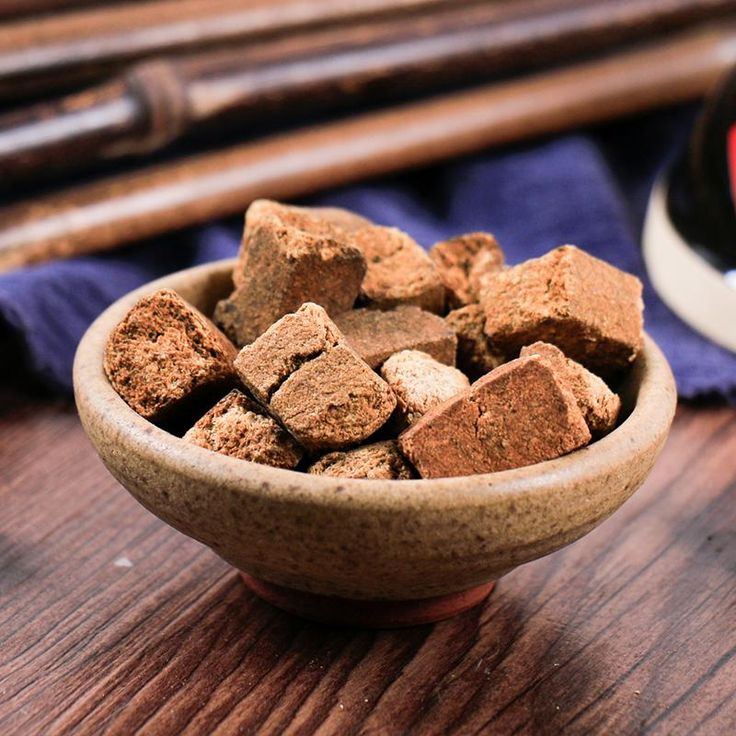
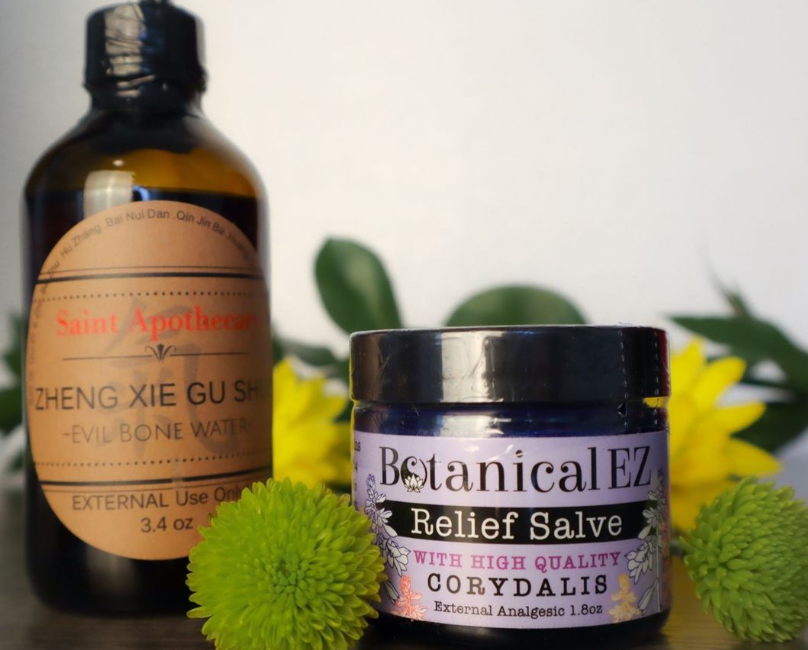



Recent Comments